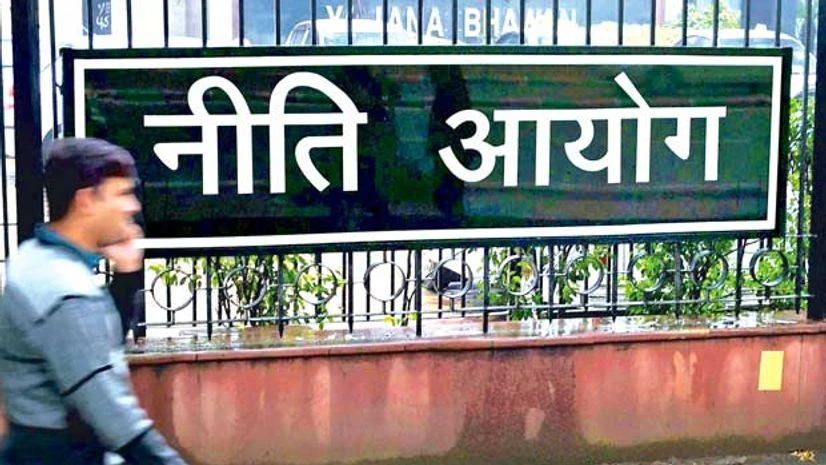NITI Aayog, the Centre’s premier think-tank, may soon have its regional centres across the country, starting with the four metropolitan cities.
Business Standard has learnt from sources that the government is keen that the Aayog opens its regional centres to foster the spirit of cooperative federalism and boost participation from the states in all matters of national importance.
In the erstwhile Planning Commission of India, the programme evaluation office (PEO), which was its attached office, had seven regional offices and eight project evaluation offices located at Kolkata, Chandigarh, Chennai, Hyderabad, Jaipur, Lucknow, Guwahati, Bhubaneswar, Shimla, Bengaluru, Bhopal, Patna, Thiruvananthapuram and Ahmedabad.
More From This Section
Adviser (evaluation) was the topmost boss of the PEO, who was based in the headquarters of Delhi.
After the abolition of the Commission last year and the birth of NITI Aayog, the office of PEO was in the process of being merged with the Aayog.
Some officials said it could be the existing offices of PEO are converted into regional centres of NITI Aayog.
| FOSTERING SPIRIT OF COOPERATIVE FEDERALISM |
|
The PEO was established in 1952 as an independent organisation under the Planning Commission with a specific task of evaluating the community development programmes and other intensive area development schemes.
“Such a move will bring about greater coordination between the Centre and states on various issues which will require such cooperation....for example, such a centre in Bengaluru or Chennai could serve as the conduit for the four southern states with the central government in Delhi,” the official explained.
That apart, officials said the government was also keen that NITI Aayog expanded its responsibility and scope of operations after the 12th Five-Year Plan 2012-13 to 2016-17 comes to an end.
The idea it to engage the Aayog in preparing long-term plans and objectives for the country outside the structured mandate of a Five-Year Plan.
The plan itself is expected to be replaced with a medium-term perspective in which the Aayog might provide an overview on what the government needs to achieve in various sectors over a stipulated period of time.
These could be in the form of discussion papers, which the Aayog plans to release next year on critical sectors such as agriculture, infrastructure, energy, manufacturing and social developments jointly with state governments.
The papers will form the bedrock of national policies and programmes and could determine the trajectory which the economy and governance will take under the National Democratic Alliance regime.

)
